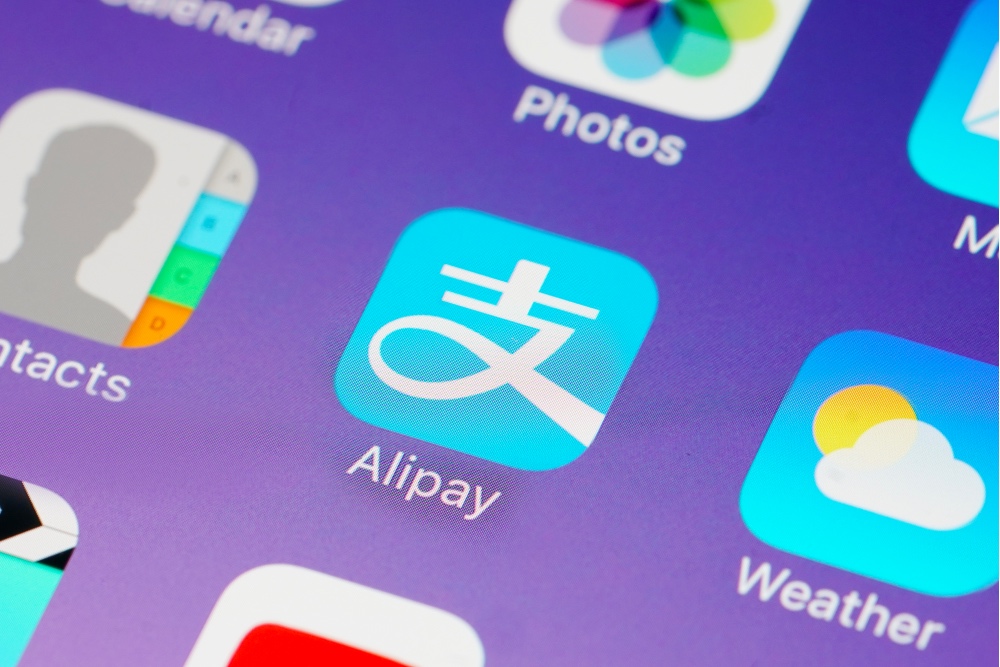AliPay has plans to come to Pakistan as part of Ant Financial’s drive to bring their services beyond China. An agreement between Ant Financial and Telenor Group will see the former put up $184.5 million in exchange for a 45% stake in Telenor Microfinance Bank (TMB) in Pakistan. That stake also has the ability the develop the mobile payment and digital financial services of the bank.
The deal gives Ant Financial access to Telenor’s 20 million strong customer base, while Telenor has access to Ant’s AliPay technology. In addition to giving AliPay a substantial platform in Pakistan, the deal also includes mobile payments for individual users and a slate for small business solutions, including microbusiness solutions.
What is interesting is that TMB already has a mobile payments solution of its own. The bank already offers Easypaisa, the first mobile financial services platform released in Pakistan in 2009. The State Bank of Pakistan reports that Easypaisa has developed into the largest branchless banking service in the country in terms of agent network, active accounts, and transaction value.
Eric Jing, CEO of Ant Financial says that his company is “very happy to share our [sic] technology knowhow with TM to bring improved user experience on the Easypaisa mobile payment platform, as well as provide inclusive financial services in transparent, safe, low cost and efficient way to the unbanked and underbanked population in Pakistan.”
Why Pakistan?
While Tencent poses a powerful challenge in the form of WeChat Pay, Ant Financial has sought deals and partnerships outside of the Middle Kingdom, where the social messaging client is not as prevalent. While their proposal to buy US-based MoneyGram was rejected by the US government, the company has sought to introduce AliPay in other countries, such as Malaysia, Cambodia, the Philippines, and other countries.
While India has become the latest battleground for Chinese tech firms, neighboring Pakistan represents an untapped market. What is notable is that over half the population is unbanked, accounting for 5% of the world’s unbanked population as of 2016 according to the World Bank.

AliPay’s entry into the market might alleviate that issue, as it stands a good chance to build scale, which is essential to providing low-cost digital payment services in a low-income market. There is hope that AliPay’s move into Pakistan will be the first of many. BR Research reports that branchless banking providers only boast a paltry 15-16 million active accounts. The report hopes that AliPay’s entry will give the Pakistani mobile payment market the impetus it needs to expand and grow.
Pakistan is also where the Chinese government is putting a lot of investment into development and infrastructure. Enjoying warm relations with China, Pakistan is part of the latter’s Belt and Road Initiative, which seeks to rejuvenate China’s ancient trade routes for the modern age. China is also investing billions of dollars into the China Pakistan Economic Corridor (CPEC) project, which hopes to vitalize Pakistan’s economy by creating a link from Xinjiang to the Indian Ocean for the passage of Chinese goods.
Conclusion
As Ant Financial continues to seek deals and partnerships abroad, one might not consider Pakistan to be an obvious choice for the Chinese firm to expand into. Given that much of the population is bankless, one might think the country to be at a disadvantage. However, the untapped nature of Pakistan’s mobile payments market is precisely why Ant Financial is seizing upon the opportunity to expand mobile payments and kickstart the country’s fintech industry. While digital payments are largely dormant in Pakistan, it is the hope of Ant Financial that the introduction of AliPay in Pakistan will change that.
